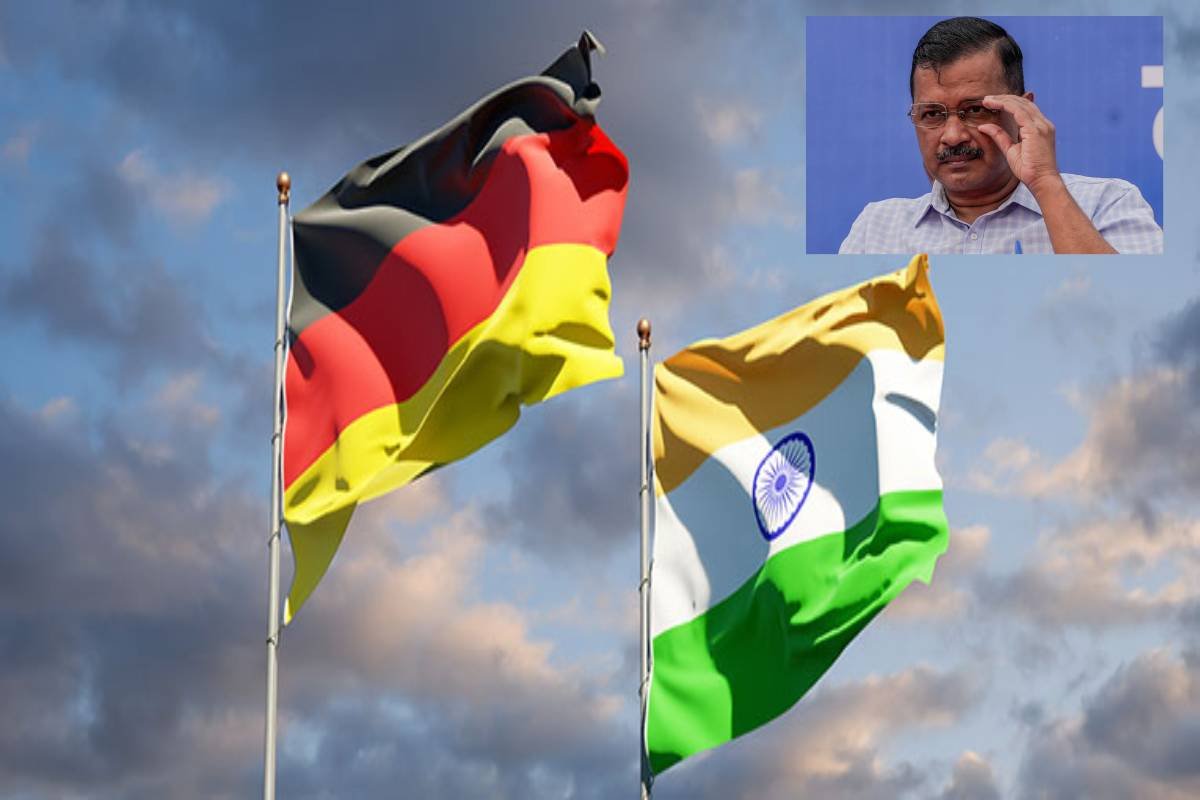NEW DELHI: In a diplomatic development, India summoned the Deputy Head of Mission of the German Embassy, George Enzweiler, to register a strong protest against what it termed as “blatant interference” in India’s internal matters. This action came in response to statements made by the German Foreign Ministry regarding the arrest of Delhi Chief Minister Arvind Kejriwal.
In a statement released by MEA, it said, “The German Deputy Chief of Mission in New Delhi was summoned today and conveyed India’s strong protest on their Foreign Office Spokesperson’s comments on our internal affairs. We see such remarks as interfering in our judicial process and undermining the independence of our judiciary.”
It further added, “India is a vibrant and robust democracy with rule of law. As in all legal cases in the country, and elsewhere in the democratic world, law will take its own course in the instant matter. Biased assumptions made on this account are most unwarranted.”
ALSO READ: US acknowledges Arunachal Pradesh as Indian territory; China objects
The German Foreign Ministry’s spokesperson expressed concerns over the arrest, emphasizing the importance of upholding the principles of democracy and the rule of law. “We have taken note, India is a democratic country. We assume and expect that the standards relating to the independence of the judiciary and basic democratic principles will also be applied in this case,” the spokesperson stated. Additionally, Germany reiterated the fundamental principle of presumption of innocence, highlighting Mr. Kejriwal’s right to a fair and impartial trial without restrictions.
India’s reaction to the German statement underscores its stance on maintaining sovereignty and non-interference in internal affairs. The summoning of the German Deputy Envoy signals India’s firm stance against external commentary on domestic legal proceedings. Meanwhile, the arrest of Arvind Kejriwal continues to reverberate in the political landscape, with the Enforcement Directorate (ED) claiming him as the key conspirator in the Delhi Excise policy scam. The agency alleges that Mr. Kejriwal abused his position as Chief Minister to facilitate kickbacks from liquor businessmen in exchange for policy favours.
ALSO READ: Kejriwal won’t resign; We’re moving Supreme Court: Atishi after ED arrest
Opposition parties have condemned the arrest, labeling it as “vendetta politics,” while the BJP has called for Mr. Kejriwal’s resignation. Amidst these developments, Germany’s assertion of the right to a fair trial for Mr. Kejriwal adds an international dimension to the unfolding legal saga. The case, which centres on alleged irregularities in the formulation and implementation of the Delhi excise policy, has garnered significant attention, with the ED tracing Hawala trails amounting to Rs 45 crore allegedly used in election activities. The arrest of Mr. Kejriwal comes in the wake of similar actions against other political figures linked to the excise policy, indicating a widening probe into the matter.
As India navigates through the legal proceedings surrounding Mr. Kejriwal’s arrest, the diplomatic exchange with Germany adds a layer of complexity to the situation, underscoring the global implications of domestic political developments.










